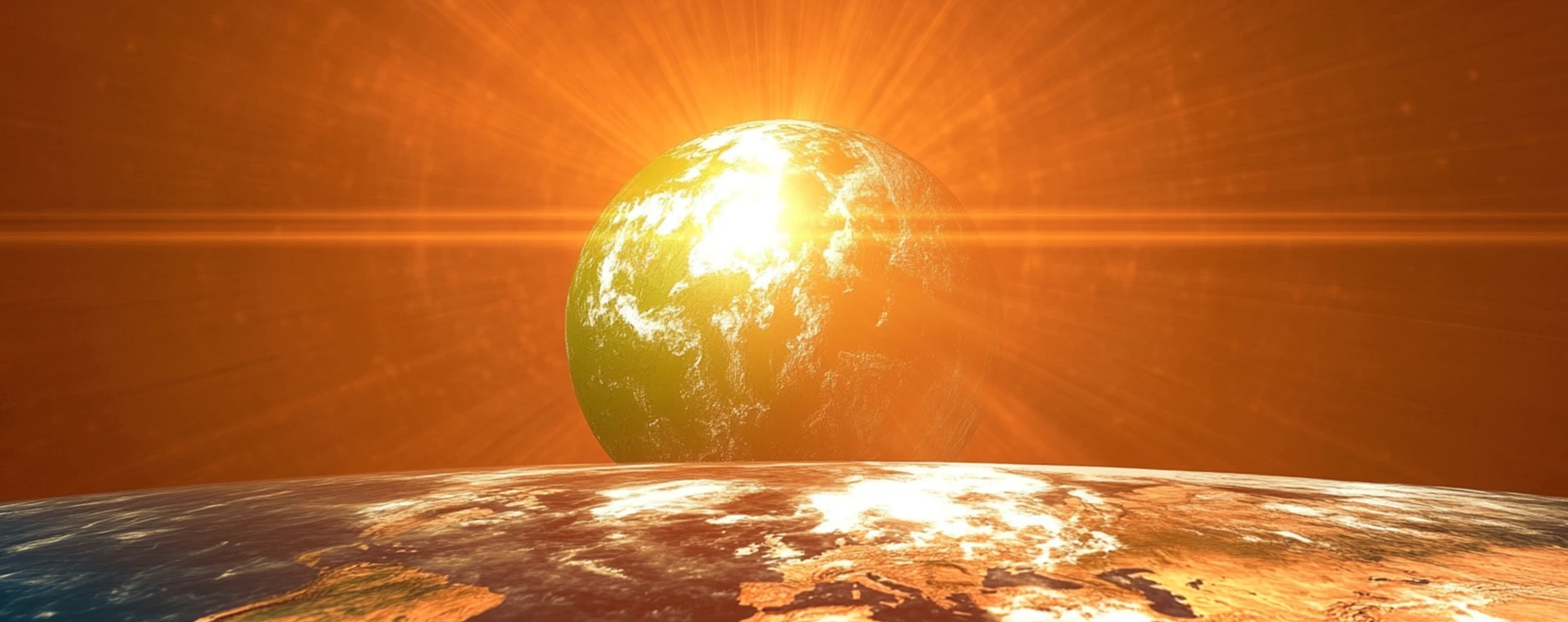
Global Warming: Understanding the Forecast - September Term
Course Code
PHSC 13410 20
Cross Listed Course Code(s)
ENSC 13410, ENST 13410, GEOS 13410
Course Description
This course presents the science behind the forecast of global warming to enable the student to evaluate the likelihood and potential severity of anthropogenic climate change in the coming centuries. It includes an overview of the physics of the greenhouse effect, including comparisons with Venus and Mars; predictions and reliability of climate model forecasts of the greenhouse world.
This course is part of the College Course Cluster program, Climate Change, Culture, and Society. This course covers the same material as PHSC 13400, but is organized using a flipped classroom approach in order to increase student engagement and learning.
Instructor(s)
Dorian Abbot